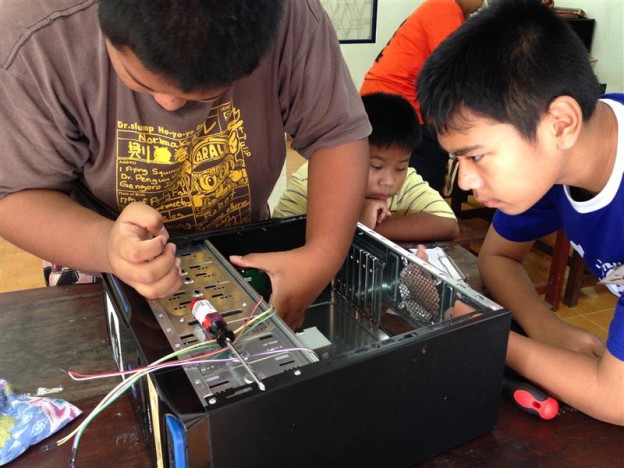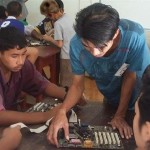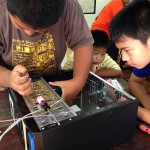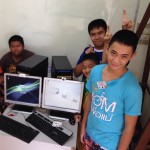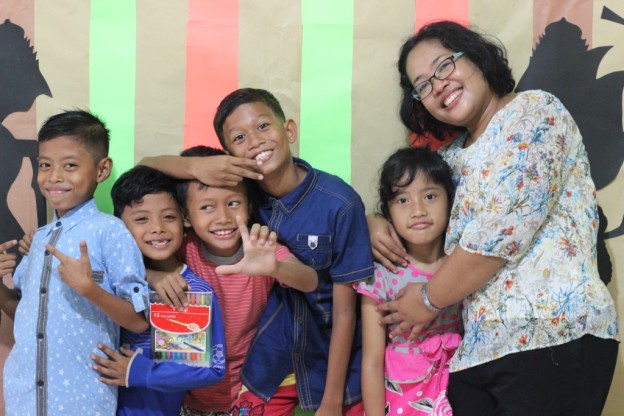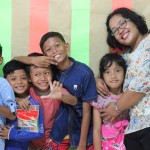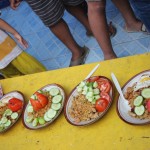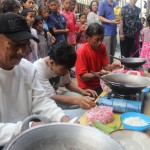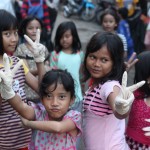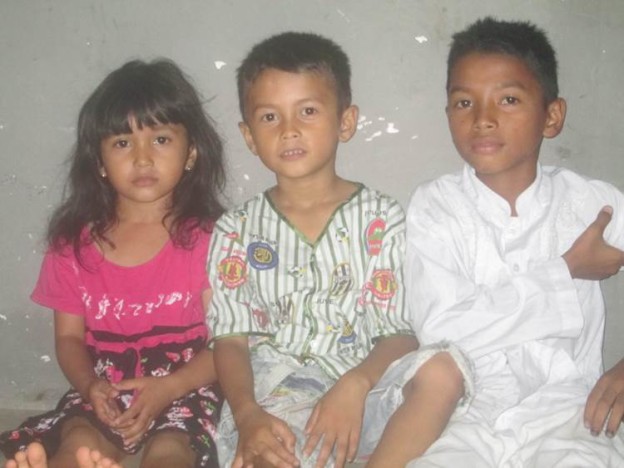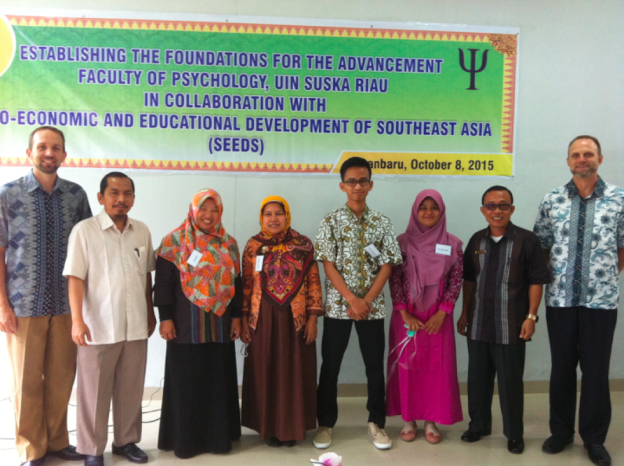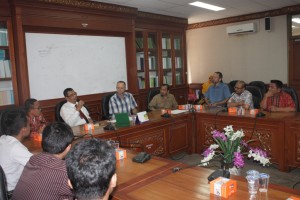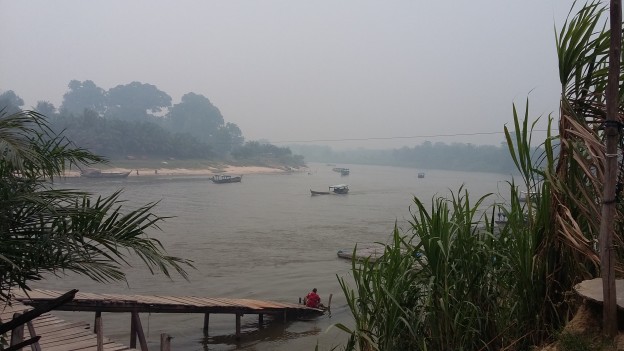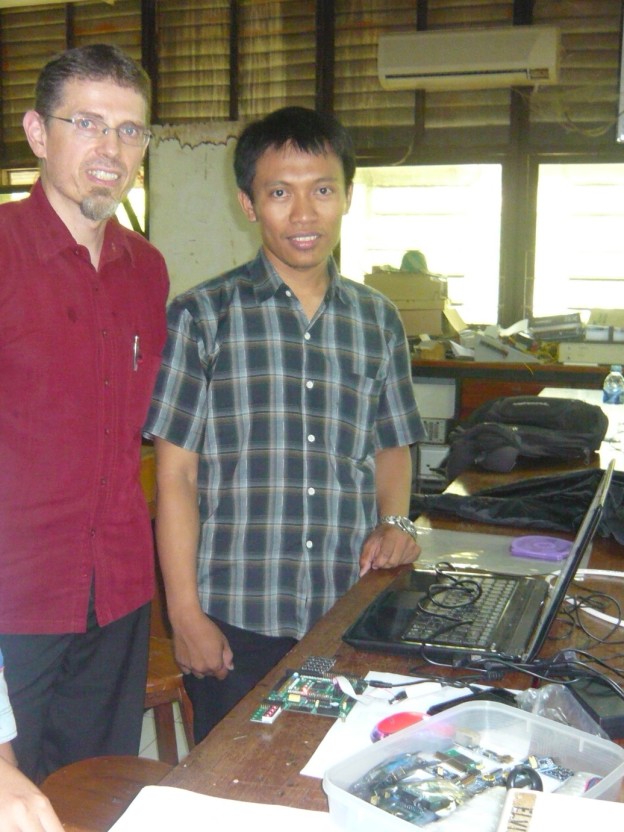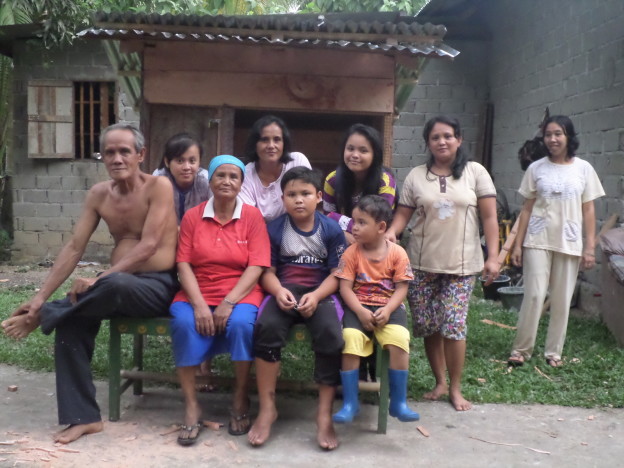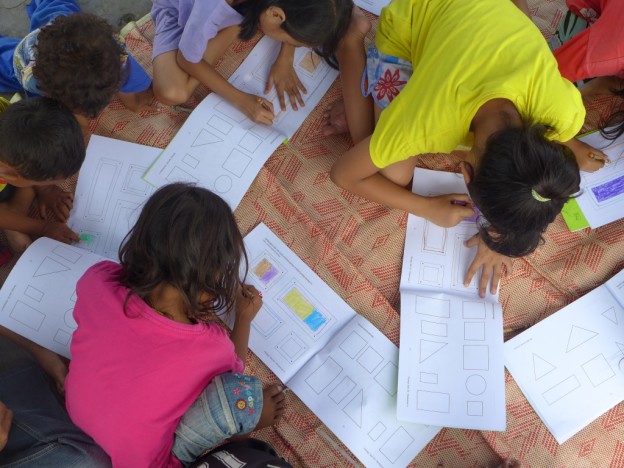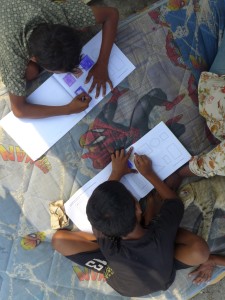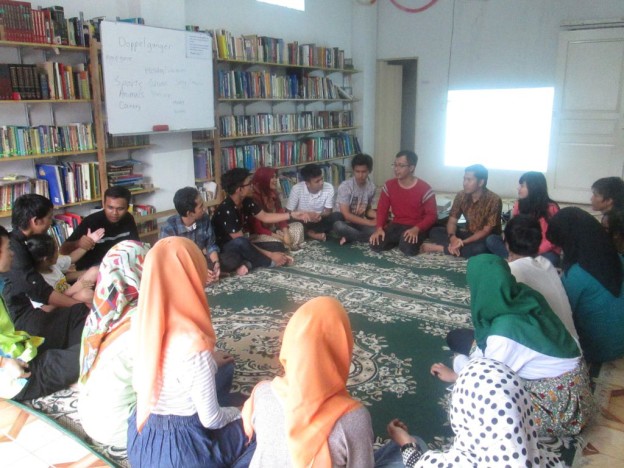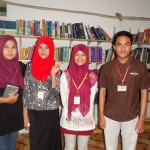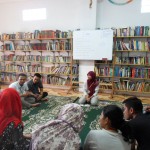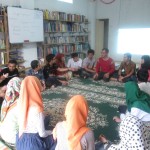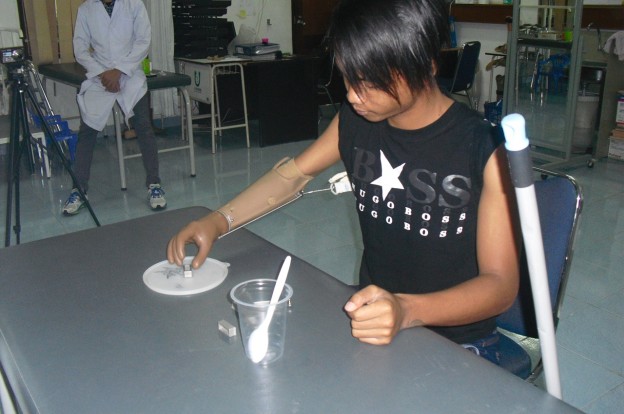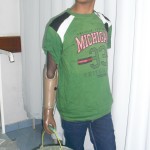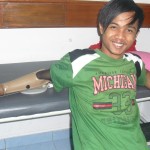STEM education aims to use interdisciplinary studies to solve real-world problems through Science, Technology, Engineering and Mathematics. The ministry of education in Thailand is campaigning for STEM education to increase students’ competitiveness in these fields because of the demand for STEM-related jobs (www.stemedthailand.org).
This year SEEDS members in Thailand began a number of STEM clubs in low-income and underprivileged segments of the city as a means to inspire youth from these backgrounds toward STEM career opportunities. A STEM Club is a great way for students to have fun with STEM subjects. Students learn by exploring, investigating, and asking questions related to an interesting topic or problem. A STEM Club is a fulfilling and exciting opportunity for youth who are overlooked by the national STEM education system.
One project involved building computers for the club to use. They learned about how a computer works and how to handle sensitive electronics. The students explored desktop PC components, discovering what they are and how they’re used. Finally, the participants had the opportunity to build a working computer. These computers will now be used by the clubs in subsequent STEM projects.
The participants of the club are gaining confidence, teamwork skills, and opportunities they would not have otherwise. It also increases their motivation to study the STEM subjects in school with more intentionality and enthusiasm. These outcomes will in turn contribute to wider benefits for them and their families, in line with SEEDS objectives.
To find out more about SEEDS work in Bangkok see this post.

